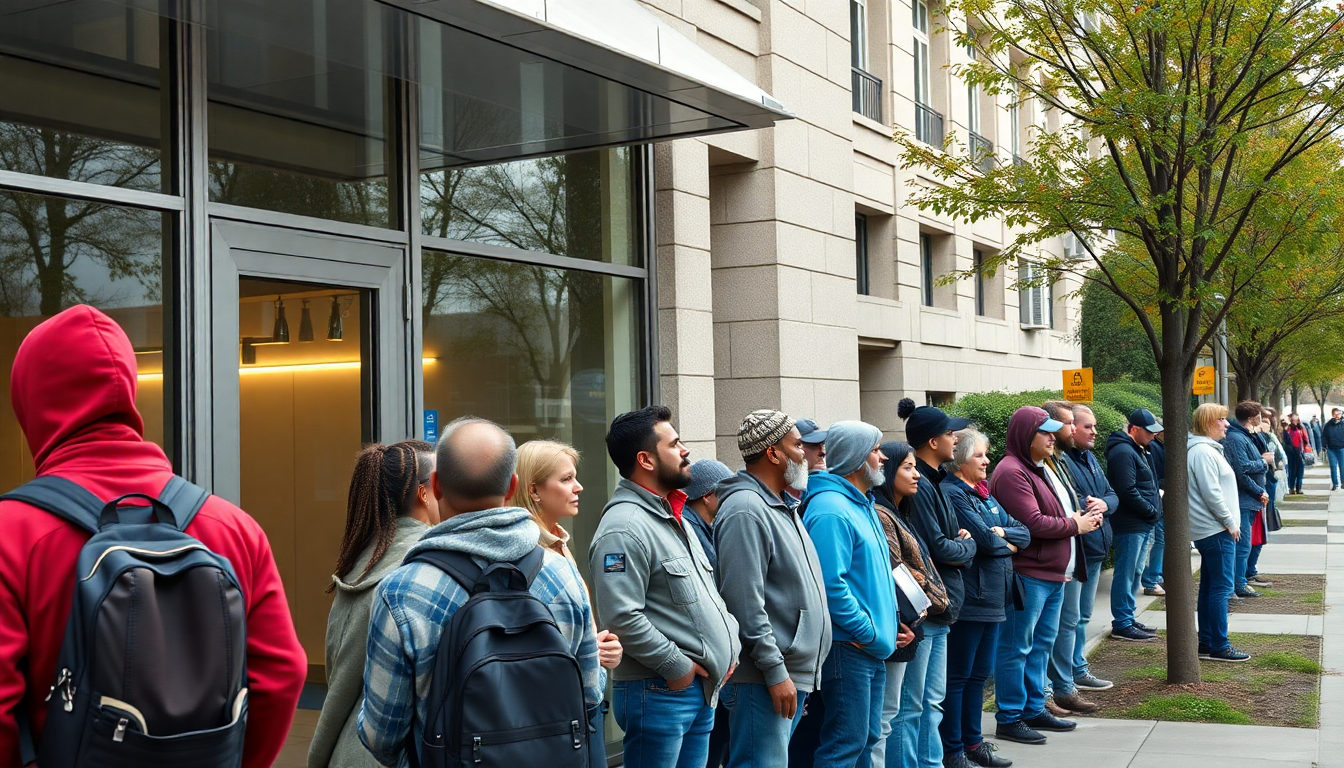Imagine waking up to a flood of interview requests in your inbox—all without lifting a finger. That’s exactly what happened to a job seeker who harnessed the power of artificial intelligence to apply for over 1,000 jobs overnight. His bold experiment didn’t just reveal surprising results; it also spotlighted how AI is changing the rules of job hunting.
How AI Is Automating Job Applications
The traditional job search process is notoriously slow and tedious. Customizing resumes, crafting cover letters, and navigating clunky application systems can take hours per job. This job seeker decided to flip the script. Armed with an AI-powered tool, he automated the entire process.
The AI worked nonstop, identifying relevant openings, tailoring applications, and hitting “submit” while he slept. By morning, the results were in—responses, interview requests, and interest from multiple companies. The experiment wasn’t just about efficiency; it demonstrated how technology is reshaping the future of work.
The Upside of Automation for Job Seekers
For job seekers, AI offers a way to cut through the drudgery of applications. Instead of manually applying for dozens of positions, automation allows you to scale your efforts exponentially. By programming an AI to target jobs based on your skills and preferences, you can focus your energy elsewhere, like preparing for interviews or upgrading your skills.
But there’s a caveat: automation doesn’t guarantee success. Companies are also using AI to screen applications, and not every bot-written resume will make it past these filters. The real value lies in combining AI’s efficiency with your personal touch to stand out.
Why Companies Are Feeling the Heat
On the other side of the hiring equation, businesses are facing new challenges. The volume of AI-driven applications is growing, overwhelming traditional applicant tracking systems. Hiring managers now have to sift through a flood of resumes—many of which may lack genuine interest or human input.
To keep up, companies are turning to AI tools of their own. Resume-screening algorithms, keyword filters, and automated interview schedulers are becoming standard. But this creates a paradox: as AI helps companies manage applications, it also risks overlooking strong candidates whose unique qualities don’t fit neatly into an algorithm.
Is AI Leveling the Playing Field—or Tilting It?
While automation might seem like a game-changer, it raises important ethical questions. Not every job seeker has access to the latest AI tools or the skills to deploy them effectively. This could widen the gap between tech-savvy candidates and those relying on traditional methods.
For companies, the challenge is equally complex. How do you identify genuine talent in a sea of AI-generated applications? When a bot applies to hundreds of positions, does that reflect a candidate’s real interest in the role? Striking a balance between efficiency and authenticity will be key for employers.
The New Rules of Job Hunting
The experiment is a wake-up call for anyone navigating today’s job market. If you’re a job seeker, it’s time to rethink your strategy. AI can save you hours, but it won’t replace the value of networking, personalized outreach, or demonstrating your passion for a role. Use automation to handle repetitive tasks, but focus your energy on creating meaningful connections and refining your skills.
For companies, the lesson is clear: technology is here to stay, but it’s not a silver bullet. Balancing AI efficiency with human oversight is critical to hiring success. Businesses that rely solely on algorithms risk missing out on diverse, innovative candidates who bring more than just keywords to the table.
What This Means for the Future
This story is more than a clever experiment; it’s a glimpse into the future of work. AI is no longer just a tool for job seekers—it’s becoming a central player in the hiring process itself. As automation becomes more sophisticated, the lines between human effort and machine efficiency will continue to blur.
For job seekers, this means new opportunities and challenges. For companies, it’s a call to adapt quickly or risk falling behind. The future of hiring won’t be about who can use AI—it will be about who can use it wisely.



